Court ruling: Police can coerce fingerprint to unlock iPhone

While one might think that this would not be an issue in the wake of the United States Supreme Court ruling that police must obtain a warrant in order to search a cell phone, a protection extended by the Fourth Amendment, this ruling in a lower circuit court in Virginia says that a fingerprint of a suspect is not protected by the Fifth Amendment, which states in part that a person will not “be compelled in any criminal case to be a witness against himself.”
In a ruling passed down by Judge Steven Fucci, a criminal cannot be compelled to disclose any information, such as provide a pass-code to unlock a phone (witness against himself), but law enforcement can force a criminal to offer up a fingerprint, which could unlock a device like a new iPhone, iPad, and some Samsung devices.
A fingerprint is seen as the same as collected DNA or handwriting samples, allowed under law. A pass-code, and presumably a pattern lock, would require a defendant to “divulge knowledge,” which is expressly protected in the Fifth Amendment.
The ruling is related to a case against David Baust, accused of trying to strangle his girlfriend. Authorities think that Baust recorded a video of the incident on his iPhone, and requested the judge to coerce him to unlock the phone.
This ruling may be for naught however, as TouchID demands a pass-code if the device is not used for more than 48 hours, is restarted, or after three unsuccessful fingerprint scans. As slow as the court system moves, it is a certainty that Baust’s phone has been locked in an evidence room for more than a couple days, which means this phone is likely staying locked, barring a forensic attempt break into it.
sources: PilotOnline.com via MacRumors
The ruling is related to a case against David Baust, accused of trying to strangle his girlfriend. Authorities think that Baust recorded a video of the incident on his iPhone, and requested the judge to coerce him to unlock the phone.
This ruling may be for naught however, as TouchID demands a pass-code if the device is not used for more than 48 hours, is restarted, or after three unsuccessful fingerprint scans. As slow as the court system moves, it is a certainty that Baust’s phone has been locked in an evidence room for more than a couple days, which means this phone is likely staying locked, barring a forensic attempt break into it.
Follow us on Google News


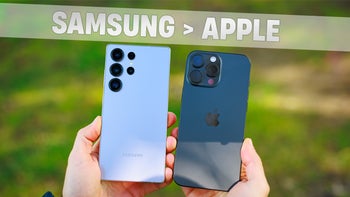


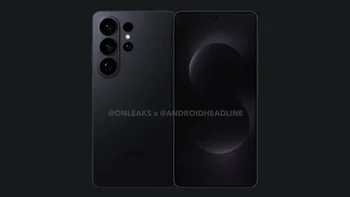

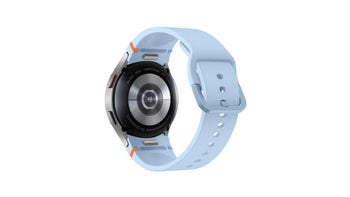
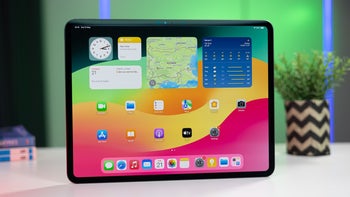
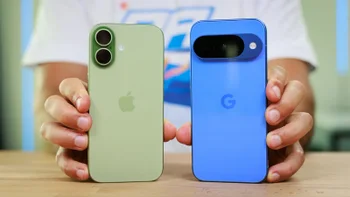

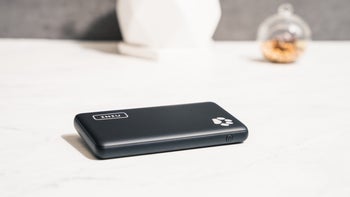
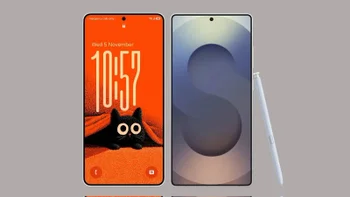
Things that are NOT allowed:
To help keep our community safe and free from spam, we apply temporary limits to newly created accounts: